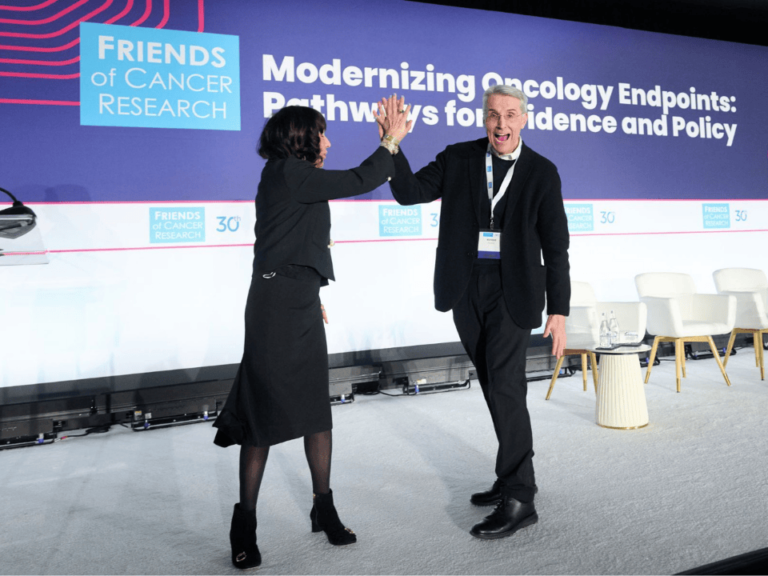FDA approved Orencia (abatacept) for the prophylaxis of acute graft vs. host disease (aGVHD), in combination with a calcineurin inhibitor (CNI) and methotrexate (MTX), in adults and pediatric patients two years of age and older undergoing hematopoietic stem cell transplantation from a matched or one allele-mismatched unrelated donor.
Orencia is sponsored by Bristol-Myers Squibb. This is the first drug approved to prevent GVHD.
The application included use of real world data in the determination of clinical effectiveness. Efficacy was evaluated in two studies in patients six years and older undergoing HSCT from a matched or one allele-mismatched unrelated donor.
GVHD-1 (NCT 01743131) was a randomized (1:1), double-blind, placebo-controlled clinical trial of patients who underwent an 8 of 8 Human Leukocyte Antigen-matched HSCT and received Orencia or placebo in combination with a CNI and MTX.
While severe (grade III-IV) aGVHD-free-survival assessed at day 180 after transplantation was not significantly improved in patients who received Orencia compared to patients who received a placebo (HR 0.55; 95% CI:0.26-1.18), the OS rate at day 180 after HSCT was 97% (95% CI: 89-99%) for patients who received Orencia compared to 84% (95% CI: 73-91%) for patients who received a placebo (HR 0.33; 95% CI: 0.12-0.93).
The moderate-severe (grade II-IV) aGVHD-free survival rate at day 180 after HSCT was 50% (95% CI: 38-61%) for patients who received Orencia compared to 32% (95% CI: 21-43%) for patients who received a placebo (HR 0.54; 95% CI: 0.35-0.83).
Additional evidence of effectiveness was provided by GVHD-2, a clinical study using data from the Center for International Blood and Marrow Transplant Research in patients who underwent a 7 of 8 HLA-matched HSCT between 2011 and 2018.
This registry-based study analyzed outcomes of 54 patients treated with Orencia for the prophylaxis of aGVHD, in combination with a CNI and MTX, versus 162 patients randomly selected from the CIBMTR registry treated with a CNI and MTX alone.
The OS rate at day 180 after HSCT was 98% (95% CI: 78-100%) for patients who received Orencia in combination with CNI and MTX compared to 75% (95% CI: 67-82%) for patients who received CNI and MTX alone.
Full prescribing information for Orencia can be found here.






